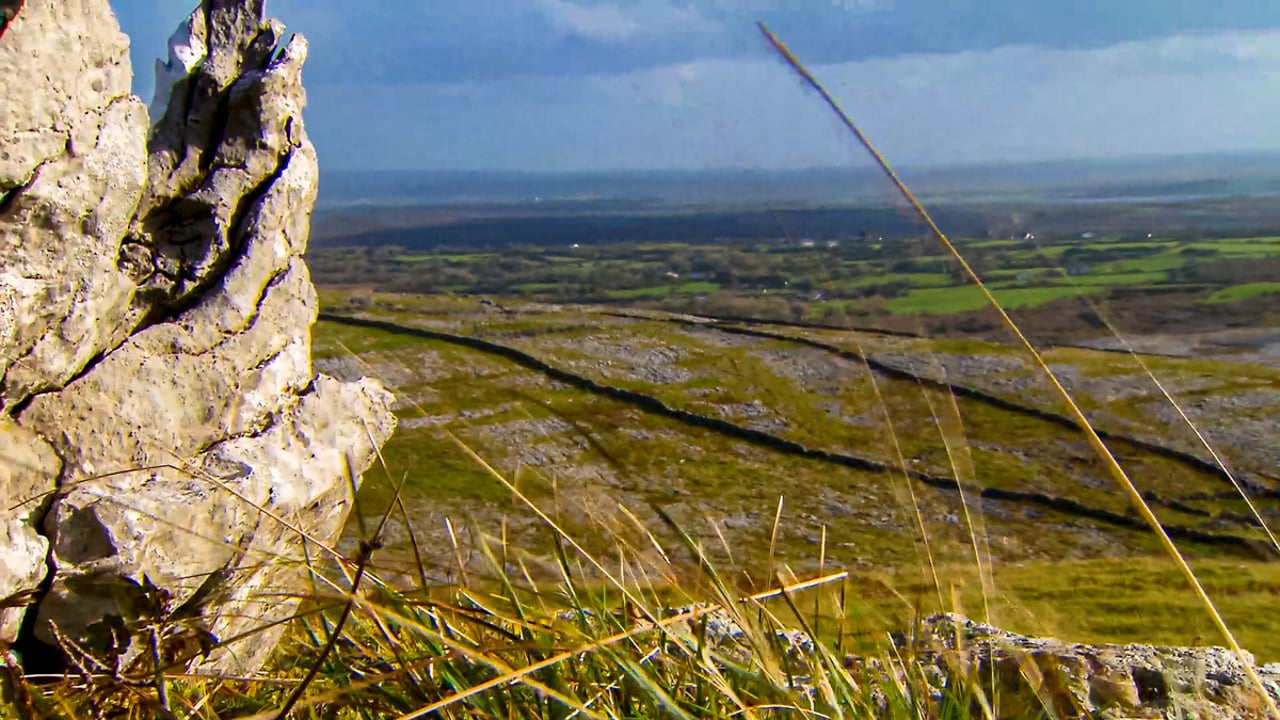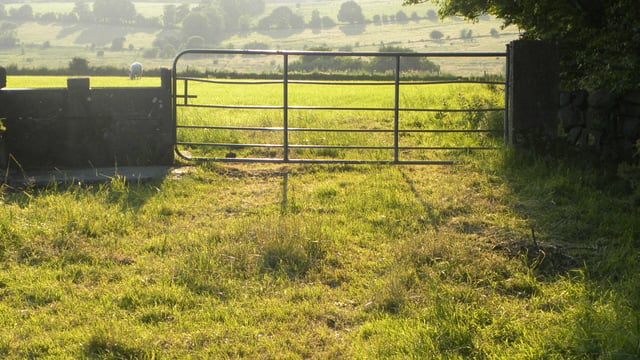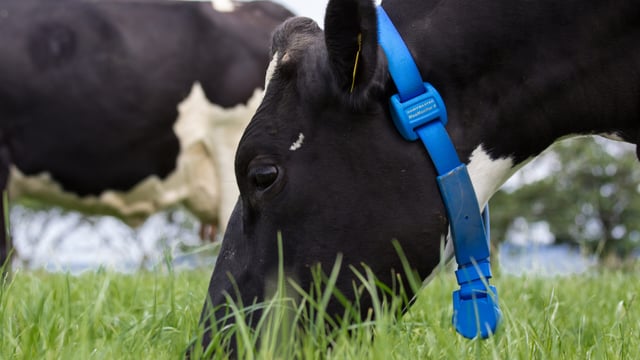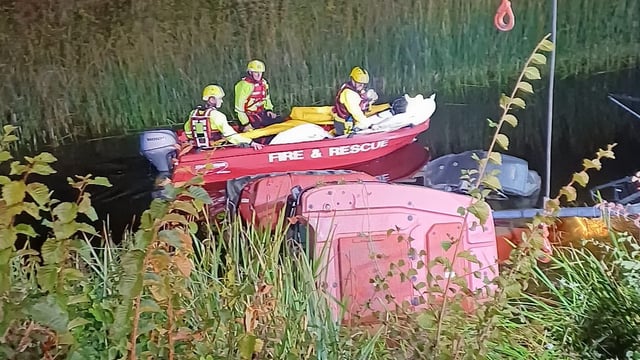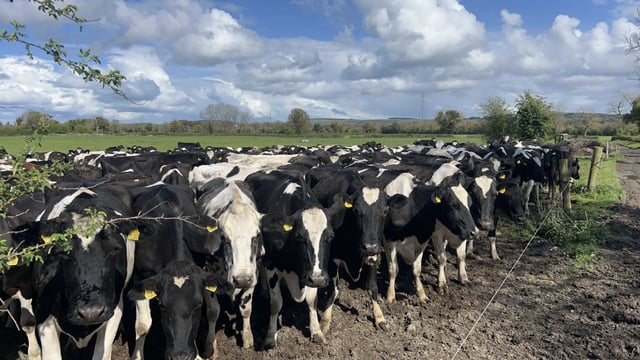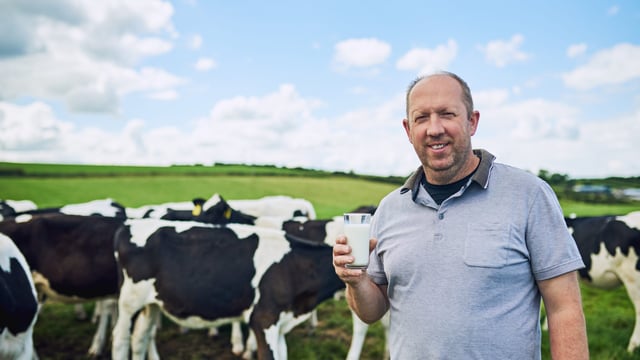Farmer fined for destruction of limestone pavement
By Gordon Deegan
A farmer has been ordered to pay over €9,300 in penalties for the destruction for 10ac of “an extremely rare and unique" limestone pavement habitat in a Special Area of Conservation (SAC) on the periphery of the Burren in Co. Clare.
At Ennis District Court today (Tuesday, September 23), Judge Adrian Harris said that he had to record a conviction against Co. Galway farmer, Martin Feeney as 10ac of limestone habitat “has been destroyed as a result of the actions of the accused”.
Feeney of Mincloon, Rahoon, Galway pleaded guilty to two offences connected to the adverse impact on the limestone pavement and Judge Harris imposed fines of €3,000 and costs of €6,307.
Limestone pavement
Regional manager with the National Parks and Wildlife Service (NPWS), Helen Carty told the court 4.3ha (10.6ac) of limestone pavement had been impacted by the reclamation works for agriculture carried out by Martin Feeney on dates between March and August 2022.
She said that limestone pavement "is an extremely rare and unique habitat" and is listed as a priority habitat in the Habitats Directive as it is at risk of disappearing.
The NPWS manager stated that “any loss of priority habitat is significant”.
She stated that the lands were located in the Moyree River system SAC which is one of five SACs in the Burren with the Moyree River SAC on the periphery of the Burren.
Helen Carty said that Martin Feeney engaged in certain works for the reclamation of lands for agriculture and it involved the removal of limestone pavement blocks and then the infilling of material from a nearby drumlin on the lands.
She said that the lands were reseeded for approved agricultural grassland.
The court heard that the works involved the infilling of material over limestone pavement habitat and the material was levelled out over the limestone pavement.
The NPWS representative told barrister Thomas Wallace O’Donnell (instructed by state solicitor for Clare, Aisling Casey) for the Department of the Environment, Heritage and Local Government in the prosecution that a wall was built of very large limestone boulders on the lands.
She said that the huge boulders most likely came from the SAC in the vicinity of the works.
In court, Ms. Carty said that she went on a helicopter to view the changes to the land and those images were handed into court along with satellite 'before and after' images.
The NPWS manager said that she went to the farmyard of Martin Feeney in January 2024 where assistance was required from two gardaí to carry out a site visit as the farmer was extremely uncooperative.
Defence
Counsel for Martin Feeney, barrister Evan O’Donnell told the court that the state evidence is accepted and that his client “is taking responsibility for actions”.
The barrister asked that a conviction not be imposed.
Evan O’Donnell said that Martin Feeney has been farming the lands since the late 1980s.
He said that his client was subject to a prosecution by the NPWS in 2008 which was withdrawn “and he was under the impression that the works he was carrying out were lawful”.
The barrister added that Martin Feeney believed the land reclamation works were not impacting on limestone pavement.
He said that there are significant tracts of land in his client's landholding that are limestone pavement and untouched.
The court heard that very recently Feeney was struck by a cow and spent time in hospital including a period in intensive care.
Evan O’Donnell said that Martin Feeney is retiring from farming and his daughter is taking over the farming activities.
The barrister said that the farmer in question is eager to have the matter resolved and said that his client was willing to make a contribution to a charity in lieu of a conviction.
On behalf of the state, Wallace O’Donnell said that his client is anxious that a conviction is recorded in the case.
In the case, Martin Feeney pleaded guilty to carrying out certain works on the lands between March 26, 2022 and August 10, 2022 within a SAC without the consent of the minister.
He also pleaded guilty to bringing on plant machinery within a SAC adversely impacting the integrity of the SAC.
